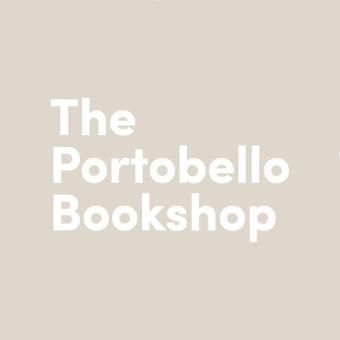Grotesque Figures
Baudelaire, Rousseau, and the Aesthetics of Modernity
Format:Hardback
Publisher:Johns Hopkins University Press
Published:5th Nov '04
Currently unavailable, and unfortunately no date known when it will be back

These readings are mature, astute, and beautifully written analyses of the poems shaped around the central conflict with Rousseau over allegory. They stand on their own as some of the strongest and most persuasive interpretations of the various prose poems that I have seen. -- Ellen Burt, University of California, Irvine
Offering a novel reading of Baudelaire's ambivalent engagement with the eighteenth-century, Grotesque Figures examines nineteenth-century ideological debates over French identity, Rousseau's political and artistic legacy, the aesthetic and political significance of the rococo, and the presence of the grotesque in the modern.Charles Baudelaire is usually read as a paradigmatically modern poet, whose work ushered in a new era of French literature. But the common emphasis on his use of new forms and styles overlooks the complex role of the past in his work. In Grotesque Figures, Virginia E. Swain explores how the specter of the eighteenth century made itself felt in Baudelaire's modern poetry in the pervasive textual and figural presence of Jean-Jacques Rousseau. Not only do Rousseau's ideas inform Baudelaire's theory of the grotesque, but Rousseau makes numerous appearances in Baudelaire's poetry as a caricature or type representing the hold of the Enlightenment and the French Revolution over Baudelaire and his contemporaries. As a character in "Le Poeme du hashisch" and the Petits Poemes en prose, "Rousseau" gives the grotesque a human form. Swain's literary, cultural, and historical analysis deepens our understanding of Baudelaire and of nineteenth-century aesthetics by relating Baudelaire's poetic theory and practice to Enlightenment debates about allegory and the grotesque in the arts. Offering a novel reading of Baudelaire's ambivalent engagement with the eighteenth-century, Grotesque Figures examines nineteenth-century ideological debates over French identity, Rousseau's political and artistic legacy, the aesthetic and political significance of the rococo, and the presence of the grotesque in the modern.
Grotesque Figures is an important work that rethinks the boundary between eighteenth and nineteenth century studies, offering nuanced interpretations of Rousseau, Baudelaire, and the modernity they represent. French Forum 2005 This well argued text on pantomime offers a fascinating investigation of a subgenre of British theater. -- Elisabeth Heard Scriblerian 2006 A fresh context for looking at Baudelaire. -- Patricia A. Ward L'Esprit Createur 2006 Swain's wonderful explication of 'La Corde' alone is worth the price of the book. -- Johnson Kent Wright Journal of Modern History 2006 Her comparative analysis of Rousseau's writings and Baudelaire's prose poems are often breathtakingly original, themselves extraordinary hybrids of the social, the historical, the political, and the poetic. -- Tammy Berberi Journal of the Midwest Modern Language Association 2007 Swain's reading of Baudelaire's reception of Rousseau is provocative and stimulating. -- Thomas Cooksey South Atlantic Review 2008
ISBN: 9780801879456
Dimensions: 229mm x 152mm x 22mm
Weight: 522g
288 pages